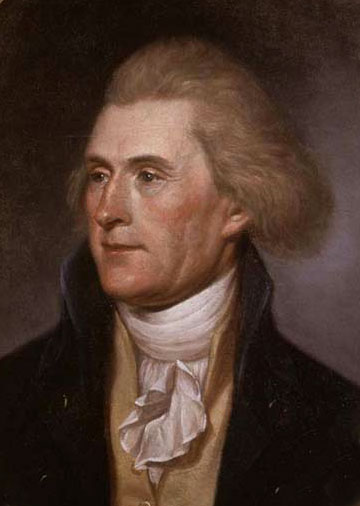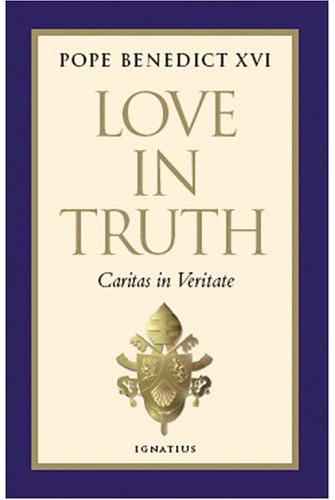Defining Red Toryism (Again)
A scholar suggests that Phillip Blond's Red Toryism is just another word for conventional conservatism. He may be right about Blond, but he's definitely not about the idea.
A Tenancy of Will
Your body’s yours, just as this poem is mine: to make, destroy—a tenancy of will, for every citizen and concubine.
More Red Tory
The Cato Institute sponsors a symposium on Philip Blond, with a lead essay by yours truly.
A Note on Right, Left, and Lasch at the Present Time
If Lasch couldn't express a way for leftists and localists to speak the same language, perhaps no one can.
Personality, Conversion, and Being: On John Paul II’s “Fides et Ratio”
The Reader Objects!: If God is Personal and Loving above all, if the Christian believes reason is fundamentally preceded by what is revealed in Faith, then what grounds has the Christian for speaking to the non-Christian? What hope for meaningful dialogue have we if Caritas precedes and envelops all?
Red Tories
In the American context, one could very easily call Red Tories Jeffersonians, and this is where we see the predicament for Red Toryism in the United States.
Bacevich to Miller to Lasch
How's that for a triple play? Andrew Bacevich reviews Eric Miller's new biography of Christopher Lasch.
Big Societies, Christian Communities, and Tories (Red or Otherwise)
Whatever the results of the British election, the Red Tory ideal remains promising...and yet, absent a robust civic religion, also probably wanting.
Thoughts on Teaching Wendell Berry
Teaching Wendell Berry to students today isn't a thankless task, but the victories are small and far between (which, one might say, is all the best victories always are).
Gratuitous Foundations: Benedict XVI’s Humanism of the Gift, Part I
Benedict XVI's first social encyclical, "Caritas in Veritate," challenges long-accepted understandings of the relation of faith and reason and of charity and justice. In so doing, he not only calls into question the failed rationalism and failed conceptions of ownership that have done so much to harm and misshape the modern west; he also revises the Catholic Church's social doctrine, in some respects drawing it away from its origin in the neo-Scholastic political theory of Leo XIII, while in others renewing and strengthening the profound continuity of the Church's Gospel message.









